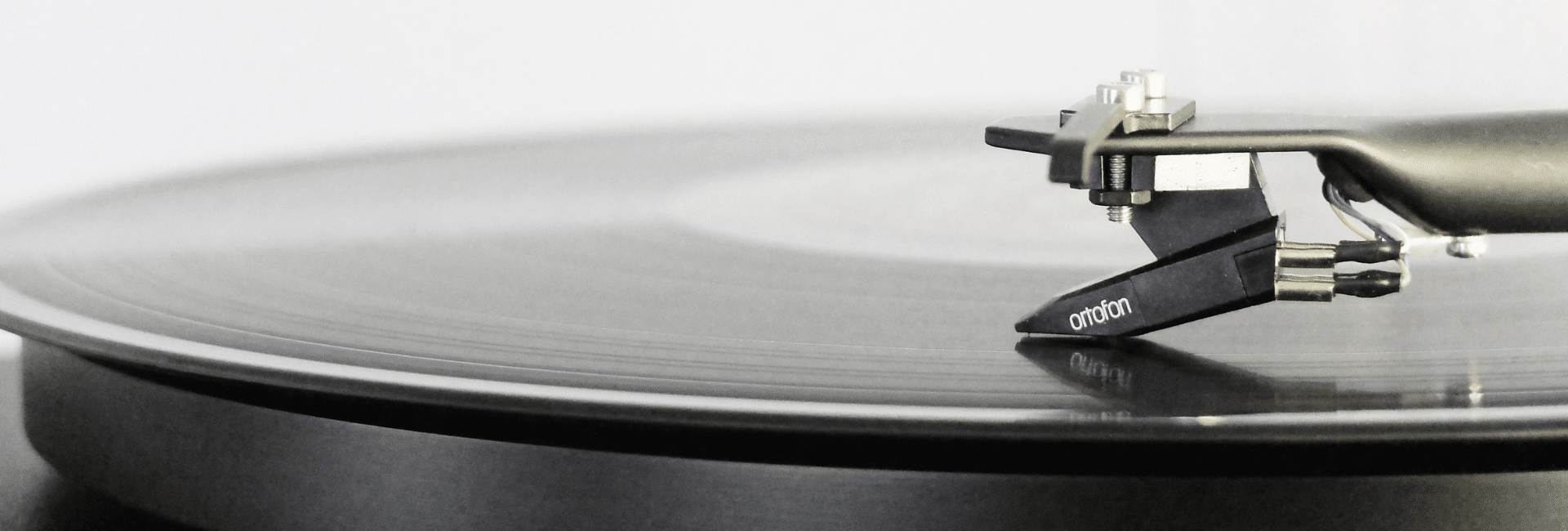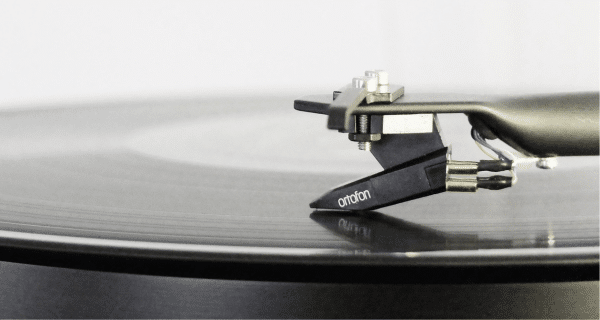
Used under a Creative Commons Licence
The law relating to AI-Generated Music in Australia
If you’ve ever wondered “Can I copyright a song made with AI?” or “Am I risking a lawsuit if I use AI to mash up my favourite tracks?”, you’re not alone.
Musicians, rights organisations, and even a few lawyers have been lining up to ask the same thing.
In the words of Bob Dylan: “The times they are a-changin’.”
The Rise of AI in the Music Industry
AI isn’t waiting for an invitation to the band—it’s already playing lead guitar, producing beats, and even crooning in spot-on impressions. Artists are feeding their lyrics, back catalogues, or vocal samples into generative models, and seeing new tracks, remixes, or even “lost recordings” spring forth.
We are now getting clients asking questions like “Can AI own a copyright?”, “How do I protect my lyrics made with AI?” and “Can someone make my lyrics sound like Paul Kelly?”
Real-World Stories
Imagine a fan asking AI to sing original lyrics in Elton John or Kylie Minogue’s voice and style—without the artist’s consent.
This is happening now, raising issues about rights to vocal likeness and fair use.
Also, some bands are experimenting by feeding their entire discography into an AI, instructing it to generate new music that “sounds like us.” Who owns the resulting song—the members, the band, or the AI? Maybe even all three? Hmmmm.
Tech companies have used vast libraries of music, often without clearance, to train AI tools. This led to legal action both in Australia and abroad, as artists fight for both credit and compensation.
AI can blend genres, swap voices, and remix existing music into completely new pieces, sometimes using copyrighted works without explicit permission.
As Frank Zappa quipped: “Information is not knowledge. Knowledge is not wisdom. Wisdom is not truth. Truth is not beauty. Beauty is not love. Love is not music. Music is the best.”
Who Can Own Copyright?
Now this is a thorny—and rather modern—conundrum.
Australian law takes an old-school stance on creativity: only actual humans are permitted to get royalties or claim ownership when a hit song goes viral.
What we are saying here is that the AI might be clever, but it’s not getting a cheque in the mail anytime soon.
Take the (in)famous “monkey selfie” case. You a macaque swiped a camera, snapped the world’s cheekiest self-portrait, and attorneys everywhere debated whether copyright belonged to the monkey, the camera’s owner, or perhaps some higher primate tribunal. Spoiler alert: only humans are allowed—no royalties for critters, and none for silicon chip composers, either.
Copyright, AI, and Likeness
There’s no AI copyright loophole in Australia: in late 2025, the federal government rejected industry pressure to let tech companies freely use songs for AI training without consent or payment. This victory for artists means:
AI developers must seek permission before using copyrighted songs.
The law aims to uphold creator rights, fair terms, and actual remuneration for Australian musicians.
Grey Areas and Ongoing Debates
Despite these rules, some vital questions remain unanswered:
How much human contribution is “enough” for copyright?
Who is the author of jointly created tracks (e.g., a band and AI)?
What about “deepfakes” or AI models trained on specific singers’ voices?
And perhaps the biggest:
“Who gets paid when the robot writes a hit?” (David Bowie once mused about the world being changed by “an alien intelligence.”)
What Lawyers Are Seeing — And Doing
Lawyers are finding work in fast-growing, sometimes surprising areas:
Advising on Authorship: Helping clients figure out if their AI-assisted creations meet the test for copyright protection.
Dispute Resolution: Representing musicians, labels, or platforms when there are clashes about AI-generated works, royalties, or unauthorised uses.
Licensing and Permissions: Drafting agreements for the use of music in AI training or for commercial releases generated via AI.
Documenting Authorship: Guiding clients to create verifiable records—like versioned lyric files, project time-stamps, or studio logs.
Enforcing Rights: Initiating or defending claims where AI has replicated voices, sounds, or creative “feel” without permission.
What Can Sharon Givoni Consulting Do for You?
Case-by-case advice on copyright, contracts, authorship, and documentation in AI-driven music projects
Assisting with registrations, licensing, or dispute resolution
Developing strategies for protecting your work and maximising revenue from new tech, while keeping you compliant
FAQs
1. Can AI own copyright in Australia?
No, current law only protects works with a human author.
2. What if I wrote the lyrics and AI generated the melody?
There’s a stronger chance your lyrics are protected—but the tune might not qualify unless you guided its creation with significant input.
3. Can someone use AI to mimic my voice without my consent?
That’s a live legal and ethical issue; you may have actions under copyright, passing off, or privacy laws.
4. What evidence do I need to protect my AI-generated song?
Keep all drafts, timestamps, and notes showing your input and decision-making.
5. Are licensing deals being done with AI platforms?
Yes. Some music companies and bands are partnering with AI tools for sanctioned use, sharing royalties and credit.
How Sharon Givoni Consulting Can Help drafting bespoke contracts and licensing agreements for AI music projects
Registering your copyright and guiding you on what is—and isn’t—protected
Advice and support in negotiations or disputes over authorship, ownership, or use of your music
Further Reading:
Australian Copyright Council
APRA AMCOS
Arts Law Centre of Australia
“Without music, life would be a mistake.” — Friedrich Nietzsche
“Music gives a soul to the universe.” — Plato
Please note the above article is general in nature and does not constitute legal advice.
Please email us info@iplegal.com.au if you need legal advice about your brand or another legal matter in this area generally.


